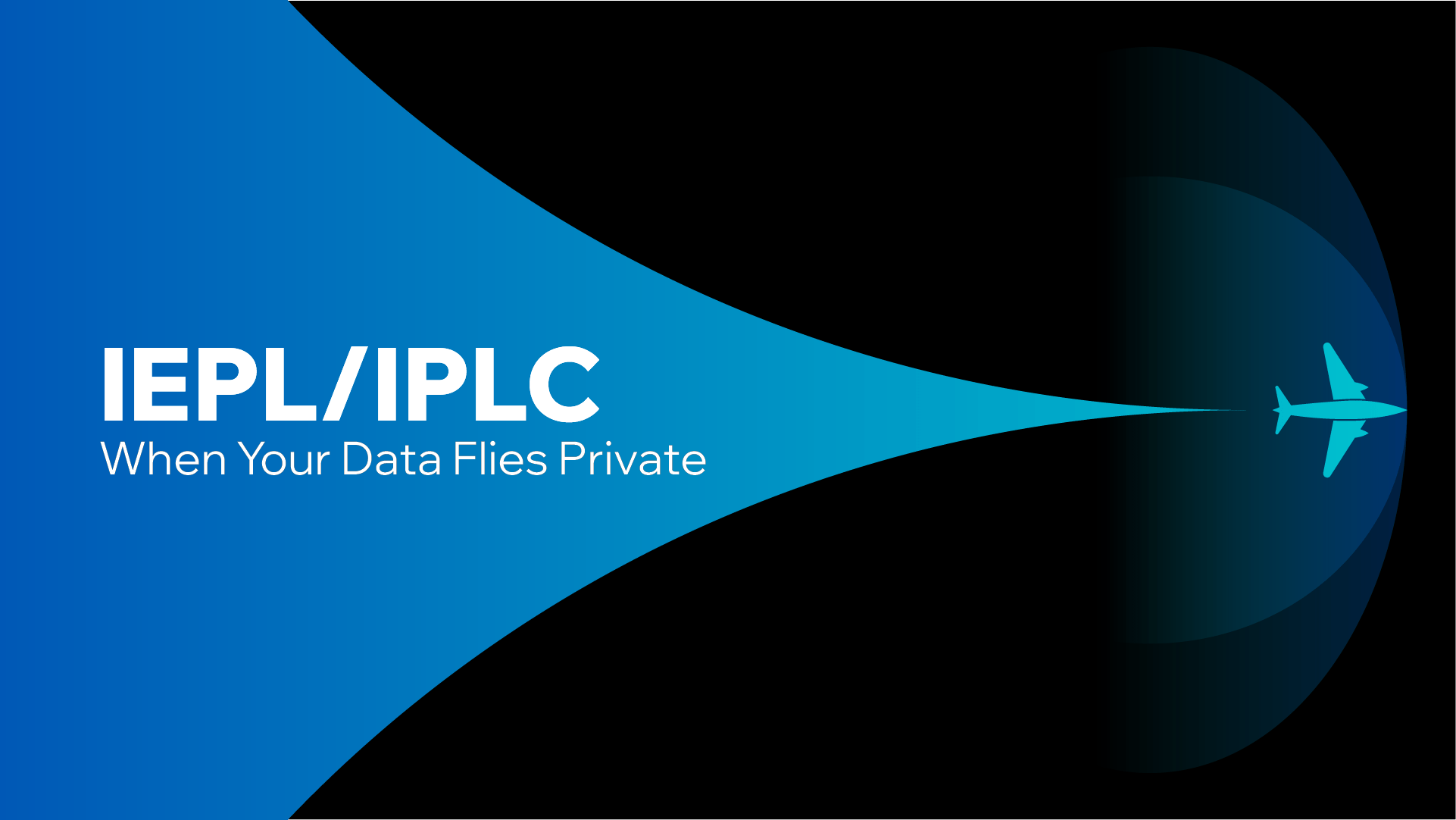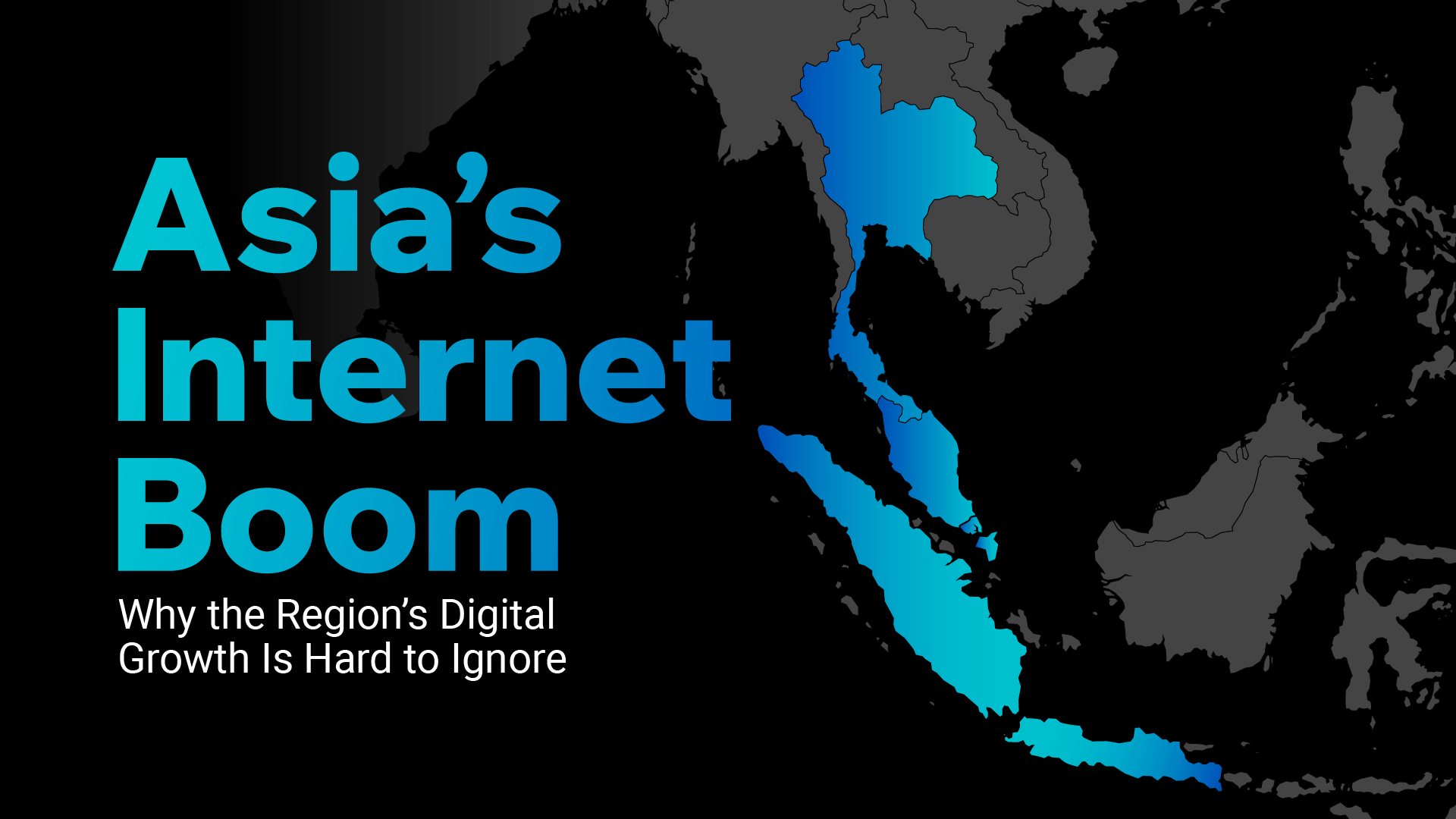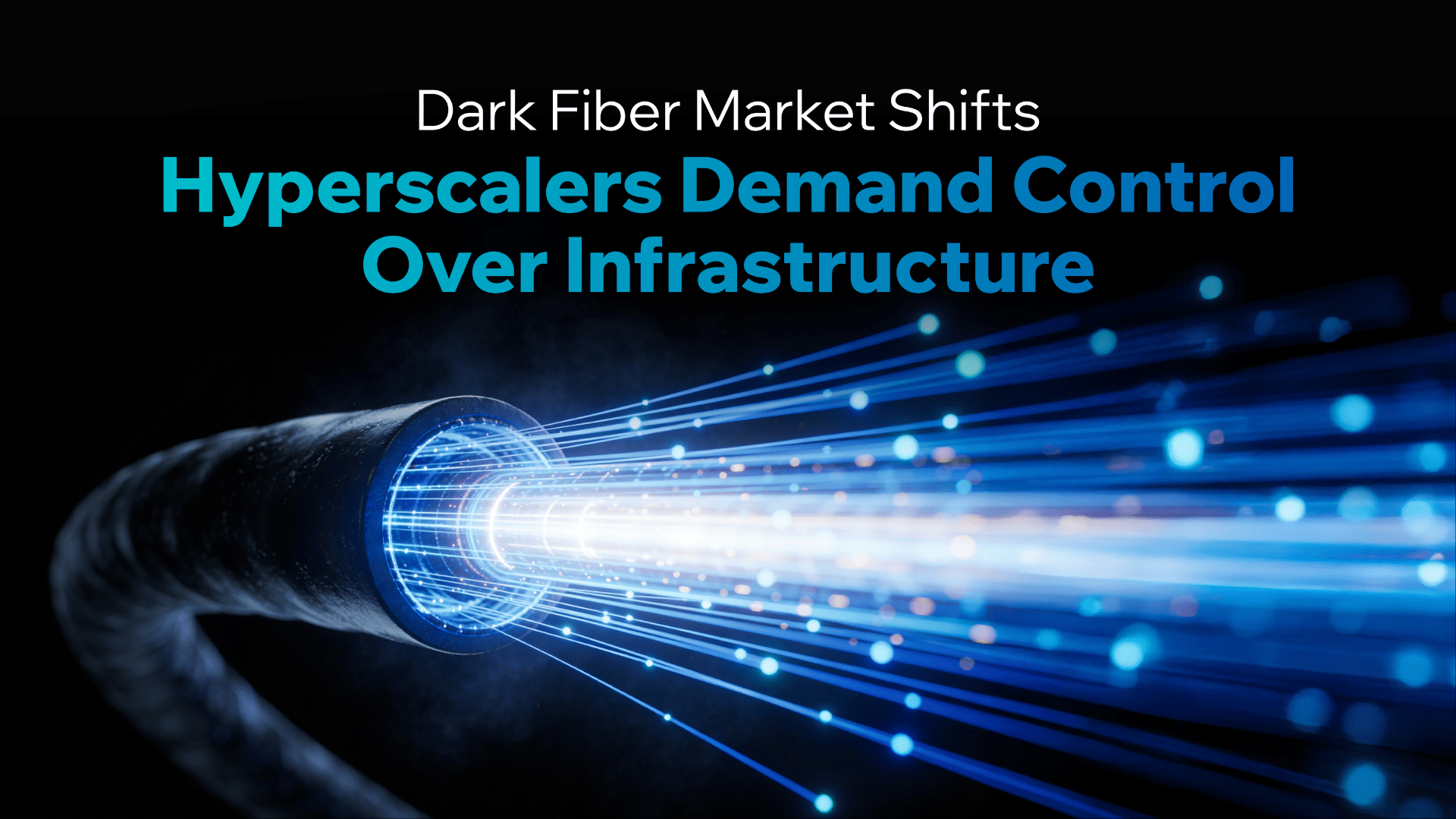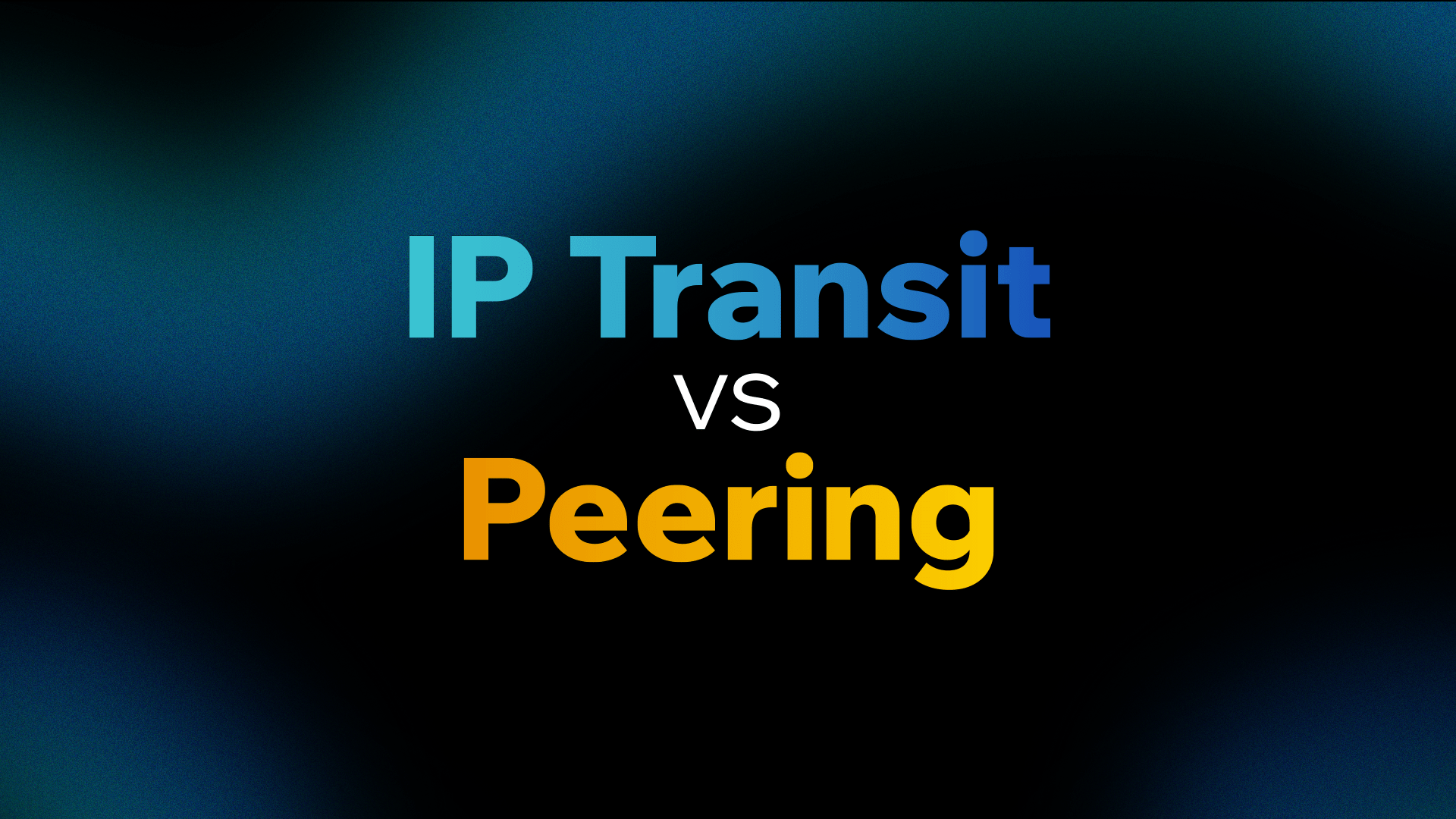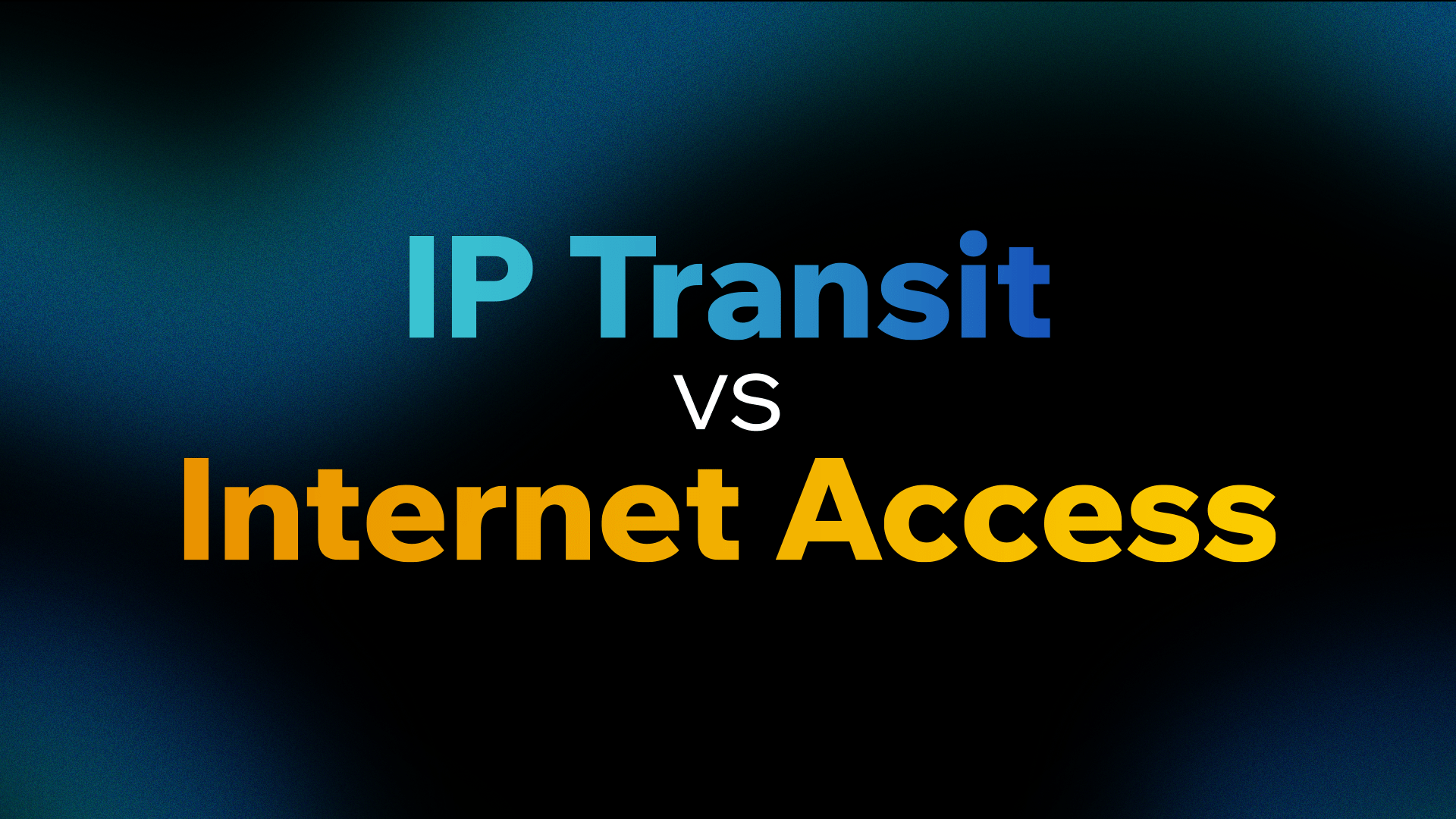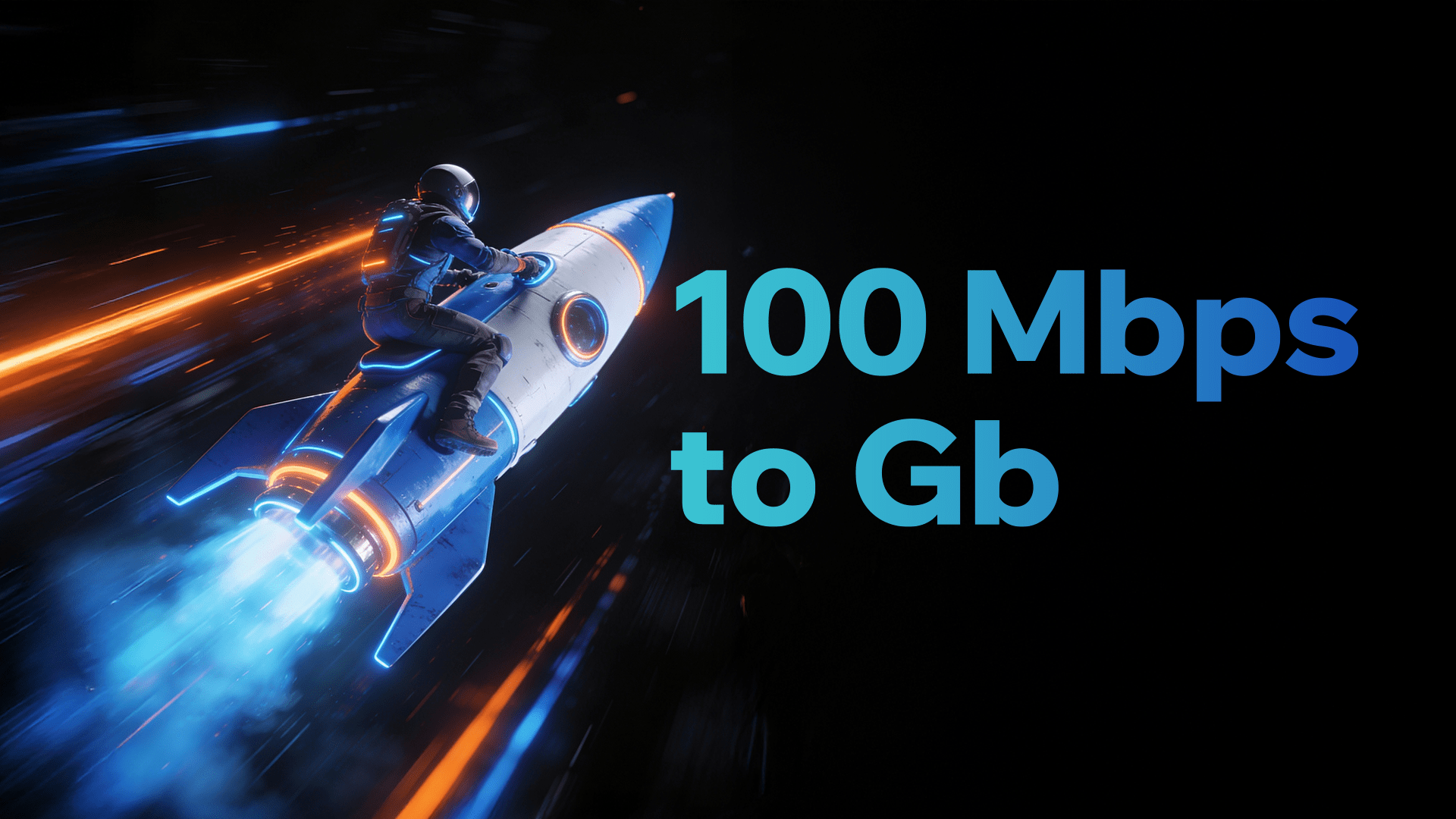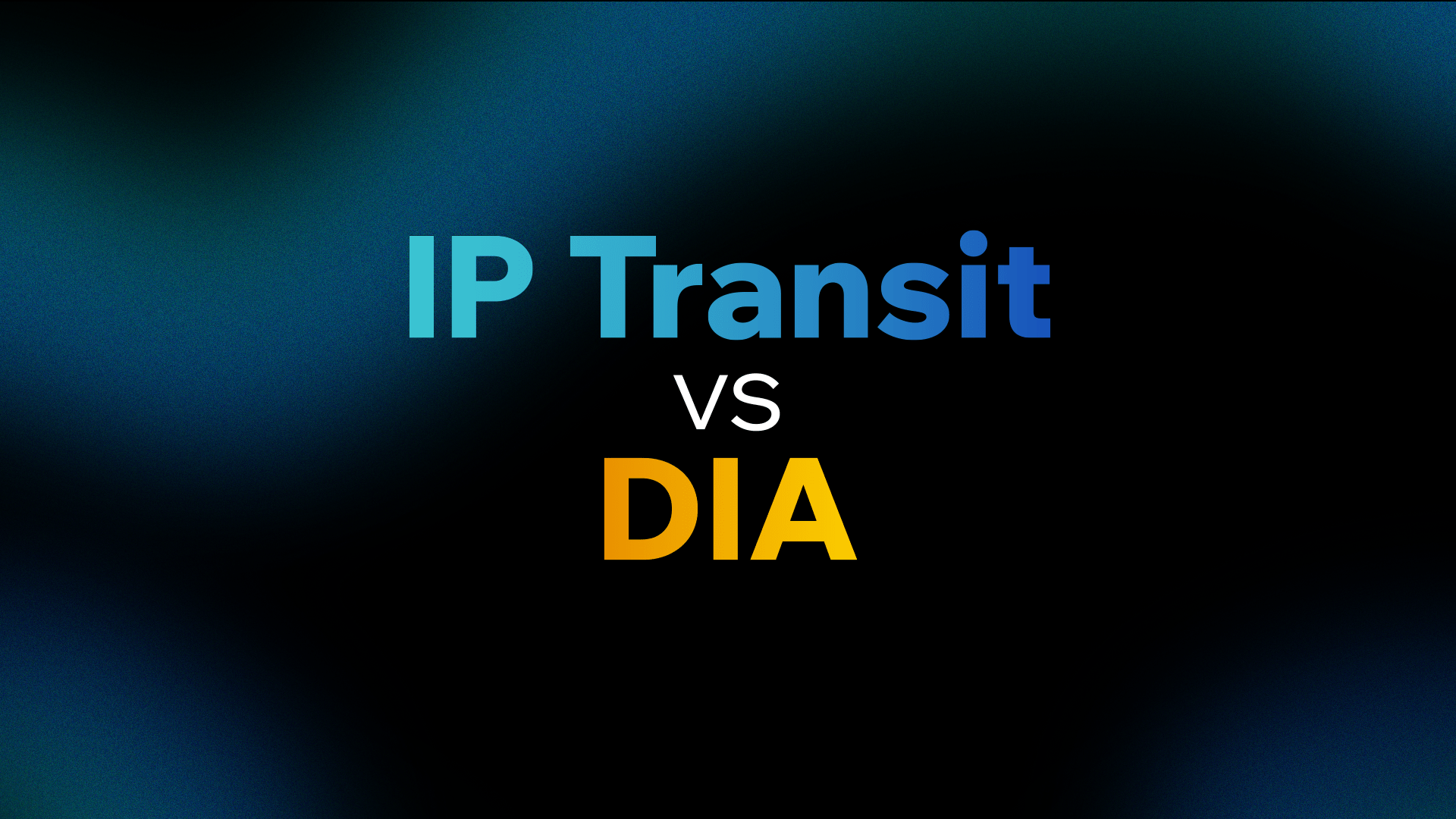Choosing the right internet connectivity option is a key step for any business that relies on network performance — whether for cloud services, remote work, data centers, or online platforms. Two common connectivity models are IP Transit and Dedicated Internet Access (DIA). While both provide internet access, they serve different purposes. This article explains the differences in a practical, easy-to-understand way so you can make an informed decision. What Is IP Transit? IP Transit is a service that connects your network to the global internet routing system using BGP (Border Gateway Protocol). It is typically used by: With IP Transit, your network becomes part of the broader internet infrastructure, allowing flexible routing and access to global peers. For more detail, see DCConnect’s IP Transit page What Is Dedicated Internet Access (DIA)? Dedicated Internet Access (DIA) provides a fixed, uncontended internet connection with guaranteed bandwidth between your business and your provider’s network. DIA is designed for organizations that require: This model focuses on delivering consistent internet experience for office productivity, cloud applications, and data traffic. You can learn more about DIA and other connection options here Key Differences at a Glance Feature IP Transit Dedicated Internet Access (DIA) Core Purpose Global internet routing Stable internet access for business Typical Users ISPs, data centers, tech networks Offices, enterprises Routing Control Full BGP customization Managed by provider Bandwidth Model Scalable, usage-based Fixed, guaranteed SLA Depends on provider Usually SLA-backed Complexity High Moderate Best Use Case Large-scale content & service delivery Everyday business operations Performance Considerations IP Transit Dedicated Internet Access Cost and Billing Structure IP Transit: DIA: When to Choose IP Transit IP Transit is a suitable choice when your organization: When to Choose Dedicated Internet Access DIA is generally recommended if your organization: Can You Use Both? Yes. Many organizations use a hybrid approach: This strategy allows companies to optimize traffic types separately while balancing performance and cost. Connectivity Options with DCConnect At DCConnect, businesses can explore both connectivity solutions based on their needs: Both options can be designed to support cloud access, remote work, and business-critical applications. Frequently Asked Questions Is IP Transit faster than DIA?Not necessarily. IP Transit offers routing flexibility and scale, but DIA provides more predictable, dedicated performance. Does DIA support BGP routing?DIA may support BGP depending on provider implementation, but it is not a requirement for typical business usage. Which option is cheaper?For small to medium enterprises, DIA often makes more sense. IP Transit may be more cost-efficient at very high traffic volumes. Conclusion IP Transit and Dedicated Internet Access are both valid connectivity models, but with different priorities: Understanding these differences helps organizations design networks that are reliable, performant, and cost-aligned with their goals.
